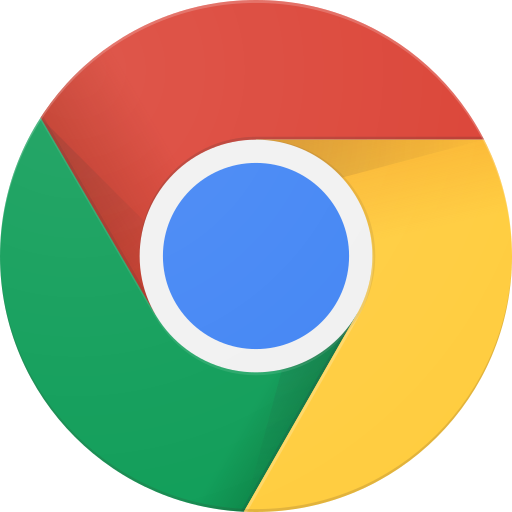Google Celebrates Chrome's 10th Birthday With Password Manager, Design Overhaul
Google publicly released Chrome on September 2, 2008, and today it's celebrating the browser's 10th birthday with major updates. Chrome 69 introduces a new look, an updated password manager and other improvements for Google's wunderkind.
The update to Chrome's user interface brings the browser more in line with the Material Design principles used across Google's products. The company said in a blog post today that Chrome 69 is packed with "more rounded shapes, new icons and a new color palette" and that it "simplified" prompts, menus and the URLs in the address bar to improve the browsing experience. It also updated its tabs to make it harder to lose track of a site if you have a bunch open. For iOS, it moved the toolbar to the bottom of the screen to make it easier to reach.
Chrome 69 is more than a new coat of paint, however, as shown by the browser's new password manager. Chrome has long offered to remember user passwords, but now its built-in password manager will generate strong passwords on demand as well, and it's also supposed to be smarter when it comes to knowing when you want to fill in your saved information (it can manage addresses, contact information and payment sources as well as passwords). Those updates make Chrome's password manager more similar to tools like LastPass and 1Password.
Google also made some quality of life improvements with the Chrome 69 update. The browser's Omnibox--its combined address and search bar--can now search open tabs and provide immediate access to information while you type. Now, instead of having to manually find a tab yourself or head to Google's search engine to look something up, you can just use the Omnibox. People who want to personalize their browser will also find it easier to add shortcuts to the New Tab page or customize the page with a background taken from one of their photos.
Google said it's also "rolling out a set of new experiments to improve Chrome’s startup time, latency, usage of memory and usability" in an effort to improve the browser's performance. It's releasing new tools for developers who contribute to its Chromium project too. Both of those announcements should be welcome; supporting the developer community is one of the best ways for Google to make sure Chrome doesn't become a bloated mess that can't perform as well as competitive browsers.
The change to how Chrome handles Flash will be more polarizing. Chrome 69 will require its users to manually activate Flash every time they visit a particular website instead of being able to enable it once per site. That should be another nail in Flash's coffin, which could help rid the web of an outdated plugin that creates more performance and security problems than it's worth, but it could also become frustrating if you often have to visit a site that relies on Flash. Whether someone will be annoyed enough to stop using Flash or abandon Chrome depends on the user, of course.
Chrome's Offline Dino Game
There's one more update debuting alongside Chrome 69. The browser has long offered a hidden mini-game to people who try to browse the web without an internet connection. The default screen features a pixel dinosaur that is usually stationary but which becomes the protagonist of an endless runner if you press the space bar. Google updated the mini-game with a slice of birthday cake and a party hat to celebrate Chrome's 10th trip around the sun. That isn't as important as all the other updates, sure, but it's a fun little touch for anyone bored at their PC.
Get Tom's Hardware's best news and in-depth reviews, straight to your inbox.
All of these changes make Chrome 69 seem like a renewed effort to make Google central to how people access the web. Now, instead of using a standalone password manager, heading to non-Google sites to find information, or switching to browsers that offer more personalization, Chrome offers more incentive to stick with Google's offerings. That's probably good news for anyone content with the company, but others might find themselves looking more to Firefox as reminders of Google's efforts to collect more information and sell more ads continue to pop up.

Nathaniel Mott is a freelance news and features writer for Tom's Hardware US, covering breaking news, security, and the silliest aspects of the tech industry.
-
Xajel Very good indeed. The thing I really wish Google work on is improving it's RAM efficiency and management, I mean even after closing all tabs and waiting a little bit it still consume a lot of RAM.Reply
